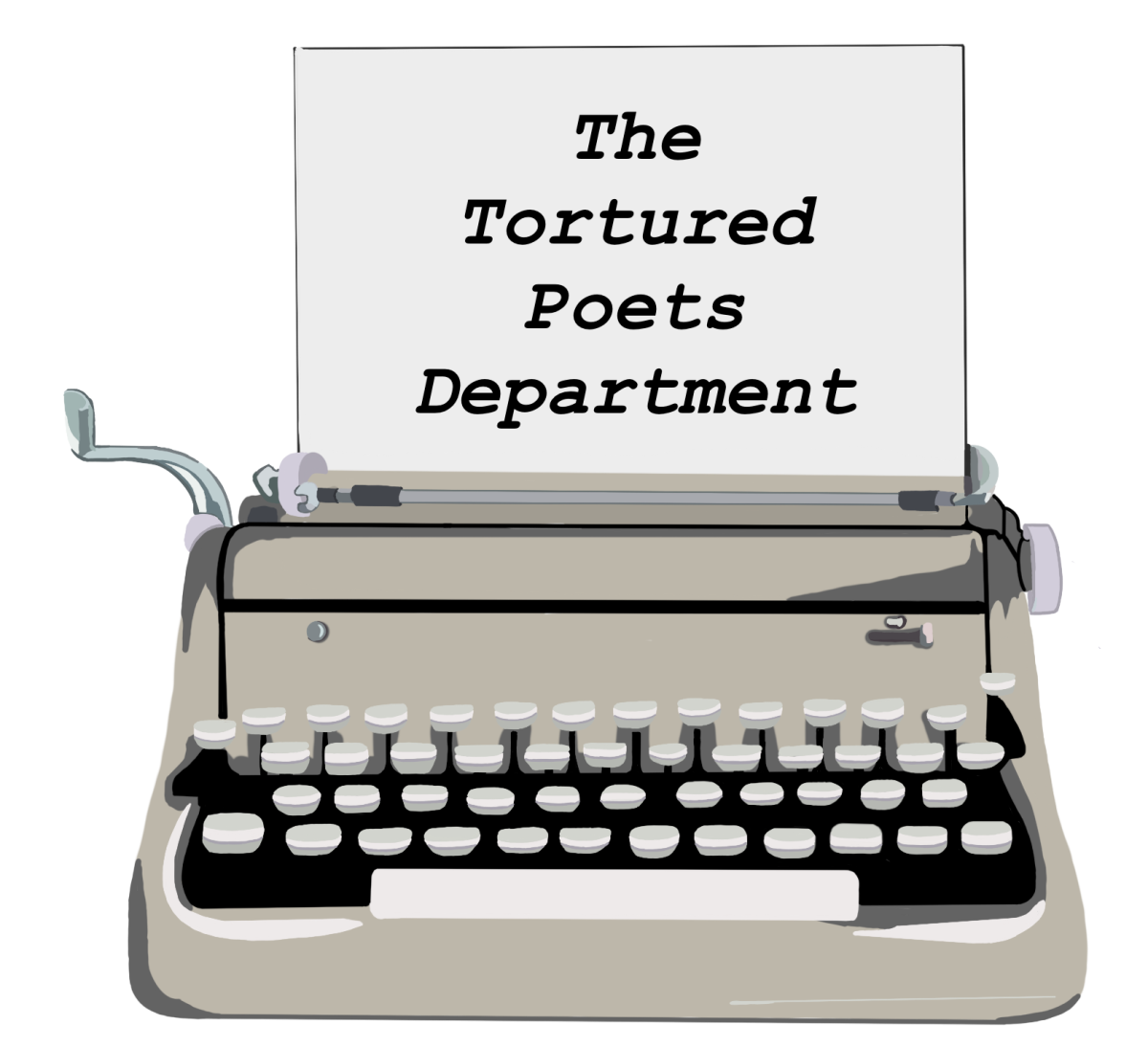Commonly referred to as ‘The Live Music Capital of the World,’ Austin is a popular location for artists who come from around the globe to feed off of the creativity and passion that thrives there.
But once the lights have dimmed and the curtains have closed, the life of an Austin musician becomes significantly less glamorous and much more of a struggle. Few outsiders know that conflicts commonly arise between fellow Austin residents, typically with music as the central cause. Amateur director Nathan Christ observes these growing issues in his new documentary “Echotone” premiering one night only in San Antonio on Sept. 6 at 7:30 p.m. at the Santikos Bijou Theater. It will also be screened at the South Lamar Alamo Drafthouse Sunday Sept. 11 at 10 p.m.
“Echotone” was shot over the course of two years, following a group of talented musicians in the Austin music scene. The bands featured in the film include Black Joe Lewis & The Honeybears, Belaire, Dana Falconberry, The White White Lights, Ghostland Observatory and The Black Angels.
Some of these artists search for recognition while others are worried that recognition would be “selling out.” Some artists are cautious of putting their trust in record companies while others feel discouraged that they cannot make a living solely on their music.
As the film points out, 70 percent of Austin’s musicians make less than $15,000 per year from their work despite being involved with Austin’s popular music festivals such as South by Southwest and Austin City Limits, which bring in over $100 million to the city. That money never seems to directly benefit the musicians.
Christ focuses on the more political issue of Austin’s growing population and the increasing demand of trendy, downtown housing. Art and economic development literally meet while the booming industrial sector of Austin expands into the music scene’s backyard.
The clash between music and business is best demonstrated in comedic footage from a city council meeting where a man claims, “I feel like I was being terrorized, like some terrorist had gotten into my bedroom at two o’clock in the morning.”
However, each artist is invested in keeping the Austin he or she knows intact while the ever-present threat of change lingers close by. Neither side can understand or negotiate with the other, a gridlocked war that threatens the creativity of musicians and the sanity of the neighborhood’s ordinary inhabitants.
Christ captures the true essence of the city and accentuates the controversies that plague its residents using a raw filming style with vivid colors and booming sound. The audience is allowed to judge the present conflicts in Austin’s music scene for themselves through his diverse collection of footage and interviews. In essence, Christ remains unbiased and offers no real solution to the problems introduced in the film, implying that both sides will have to adapt and learn to live with one another.
Whether they are indifferent or inspired by music, all viewers will leave the theater with a better understanding of this urban war, a stronger appreciation for Austin’s talented musicians and the everyday struggles they endure.
“Echotone” provides a powerful message that is more prevalent than ever in current society about the importance of standing up for what you believe in and will be sure to have you leaving the theater with the sound of Austin’s music in mind.










